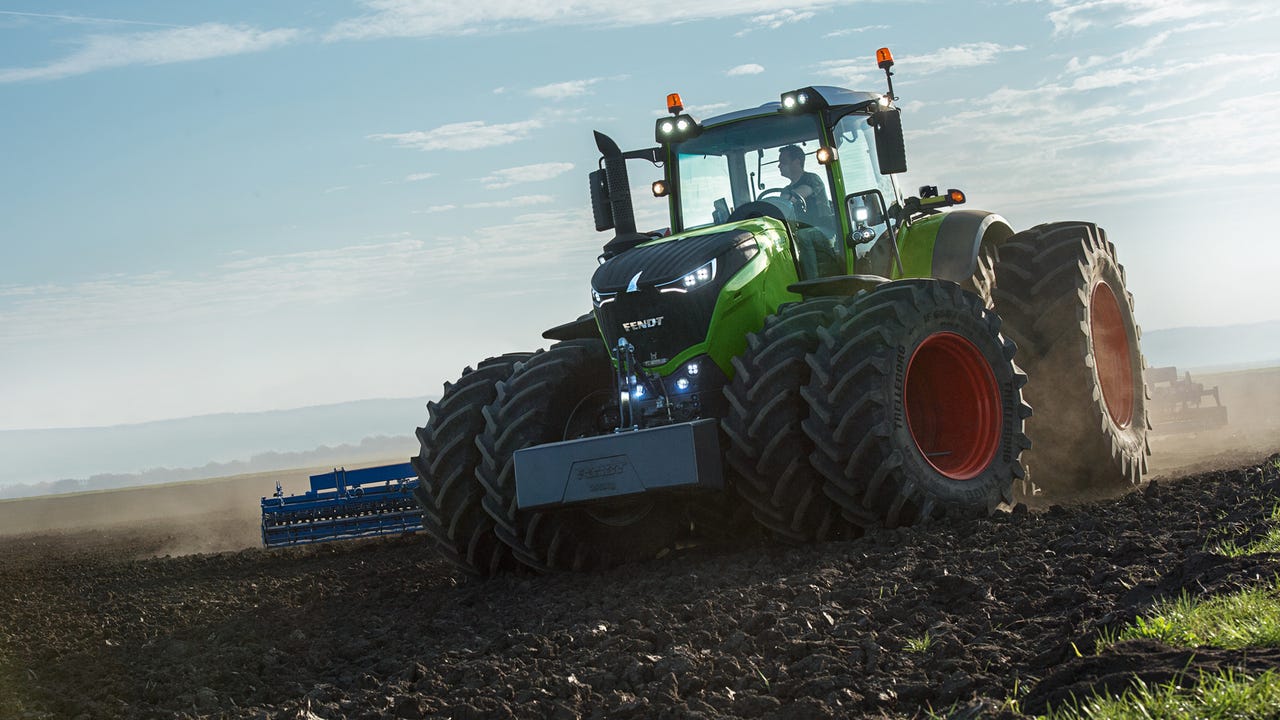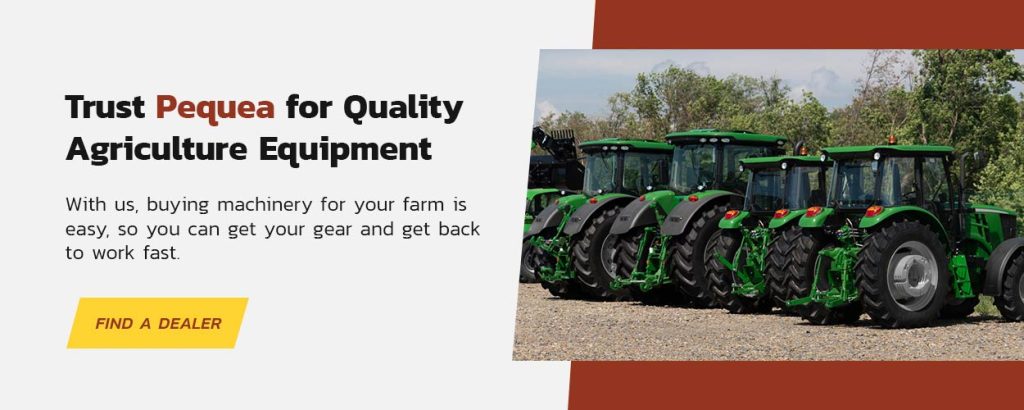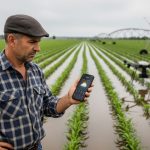Are you a farmer facing the big decision between renting or buying farm machinery? This choice can significantly impact your farm’s efficiency and profitability.
Imagine having the flexibility to adapt to changing needs without breaking the bank, or owning equipment that becomes a valuable asset over time. It’s a dilemma many farmers grapple with. Your choice could mean the difference between maximizing your resources or tying up capital in costly equipment.
Dive into this article to discover the pros and cons of each option, helping you make an informed decision that aligns perfectly with your farm’s unique needs and goals. Make the right choice, and watch your farming business thrive.
Cost Considerations
When deciding between renting or buying farm machinery, cost plays a crucial role. Understanding the financial implications helps farmers make informed choices. This section explores the cost factors associated with each option.
Renting Costs
Renting farm machinery requires less upfront payment. Farmers pay only for the duration they use the equipment. This flexibility helps manage cash flow effectively. Seasonal demands are easier to handle with rented equipment. Maintenance costs are often covered by rental companies, reducing financial burdens.
Buying Costs
Buying machinery involves a significant initial investment. Farmers must plan for the purchase price and additional expenses. Ownership includes maintenance, repairs, and insurance costs. These can add up over time, impacting overall budget. Buying offers potential tax benefits, which may offset some costs.
Long-term Financial Impact
Long-term financial impact varies between renting and buying. Renting keeps capital free for other investments. Buying provides asset ownership, increasing overall farm value. Evaluating the farm’s financial strategy helps determine the best choice. Farmers must consider future growth and equipment needs.
Depreciation And Resale Value
Machinery depreciation affects financial decisions. Purchased equipment loses value over time. Resale value may be lower than expected, impacting returns. Renting avoids depreciation issues, preserving financial stability. Farmers should weigh depreciation against ownership benefits. Understanding these aspects aids in making smart choices.

Flexibility And Control
Choosing between renting and buying farm machinery affects flexibility and control. Renting offers short-term adaptability and lower initial costs. Buying provides long-term ownership and full control over usage and maintenance.
Flexibility and control are crucial aspects to consider when deciding whether to rent or buy farm machinery. Both options offer distinct advantages and challenges that can significantly impact your farming operations. Understanding these factors will help you make a more informed decision that aligns with your business needs and goals.Flexibility In Renting Farm Machinery
Renting farm machinery allows you to adapt quickly to changing circumstances. If your crop yield is higher than expected or you face unexpected weather conditions, renting provides the flexibility to scale up operations without a long-term commitment. Imagine having the freedom to choose the equipment that fits your immediate needs without worrying about maintenance costs. You can easily rent different machines for different tasks as your farm evolves. This adaptability can be a game-changer in optimizing efficiency and responding to market demands.Control In Buying Farm Machinery
Owning your machinery offers unparalleled control over your farming operations. When you buy, you can customize and modify equipment to suit your specific farming techniques. This can lead to increased productivity and tailored solutions for your fields. There’s a certain satisfaction in knowing that your machinery is always available, ready for use when you need it. You don’t have to rely on rental availability or worry about rental terms. This control can enhance your operational consistency and help you plan more effectively.Balancing Flexibility And Control
Are you ready to weigh flexibility against control? Consider your farm’s growth trajectory and financial health. Renting might be ideal if you’re expanding or testing new methods, while buying offers stability for established operations. Think about your long-term goals. Do you prefer the adaptability that comes with renting, or does owning equipment align better with your vision for the farm’s future? Your decision could shape the efficiency and success of your business.Personal Experience: Finding Your Balance
Reflecting on my own experience, I initially rented equipment to experiment with new crops. This approach saved me from costly investments and allowed quick adjustments. As my farm grew, buying machinery gave me the control to tailor operations precisely to my needs. Consider your journey. What stage is your farm at? This insight might guide you in choosing the right path between renting and buying. Remember, the choice is about finding what works best for you and your farm’s unique challenges. Flexibility and control each have their place in farm machinery decisions. As you weigh your options, think about what’s most important for your farming success. How will you leverage these aspects to create a thriving operation?Maintenance And Repairs
Maintenance and repairs are crucial factors in farm machinery decisions. Farmers must consider these aspects carefully. Renting and buying have different impacts on maintenance responsibilities. Each option offers distinct pros and cons. Let’s explore them in detail.
Maintenance Responsibilities When Renting
Renting farm machinery often includes maintenance services. Rental companies handle repairs and upkeep. This saves farmers time and stress. They can focus on farming tasks instead. Renting offers a hassle-free experience with machinery care.
Costs Of Maintenance For Renting
Rental agreements usually cover repair costs. Farmers avoid unexpected expenses. This can make budgeting easier and more predictable. Farmers pay only the rental fee and not for repairs. Renting can provide financial peace of mind.
Maintenance Responsibilities When Buying
Buying machinery means handling all maintenance tasks. Farmers must schedule regular servicing. They must also address any breakdowns. This requires time, knowledge, and resources. Owning machinery demands a proactive approach.
Costs Of Maintenance For Buying
Buying machinery involves ongoing maintenance costs. Farmers bear the full expense of repairs. This includes parts and labor charges. Unforeseen breakdowns can strain budgets. Purchasing machinery requires financial preparedness.
Long-term Reliability Considerations
Rented machinery is often newer and well-maintained. This can ensure reliable performance. Owned machinery may age over time. Maintenance becomes more frequent and costly. Consider long-term reliability in the decision-making process.

Technology And Upgrades
In the world of farming, technology plays a crucial role. It enhances productivity and efficiency. Farmers face a choice: renting or buying machinery. Both options have pros and cons. This section will explore how technology and upgrades impact this decision.
Renting Offers Flexibility With Technology
Renting farm machinery gives access to the latest technology. You can try new machines without a big investment. This means staying current with advancements. Renting lets you adapt quickly to changing needs. You avoid the risk of outdated equipment.
Upgrades Are Easy When You Rent
Rental companies often offer the newest models. This provides access to machines with advanced features. Upgrading rented machinery is simple. You return the old model and get the latest one. This ensures you work with top-tier equipment.
Buying Means Control Over Technology
Owning machinery gives you control over technology choices. You decide when to upgrade or replace equipment. This can be beneficial for specialized needs. You ensure the technology aligns perfectly with your farming operations.
Upgrading Owned Machinery Requires Investment
Buying machinery often involves a long-term commitment. Upgrading owned equipment can be costly. It requires careful financial planning. The benefit is that you own the equipment and its upgrades. This can be a more stable choice for some farmers.

Conclusion
Deciding to rent or buy farm machinery depends on your needs. Renting offers flexibility and lower upfront costs. Buying provides ownership and potential long-term savings. Consider the size of your farm. Also, think about your budget and machinery usage. Renting suits short-term or seasonal needs.
Buying works for frequent use and long-term plans. Evaluate the pros and cons carefully. Make a decision that supports your farm’s goals. Both options have benefits. Choose what aligns best with your situation. Your farm’s success relies on informed choices.



